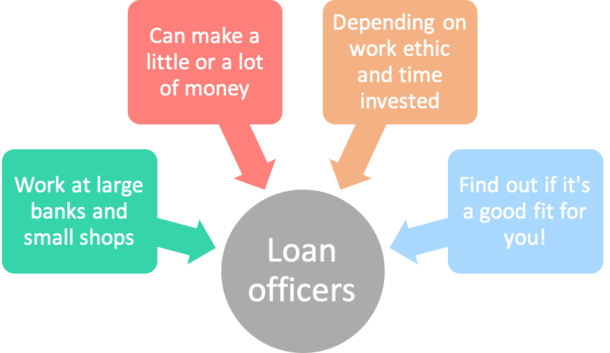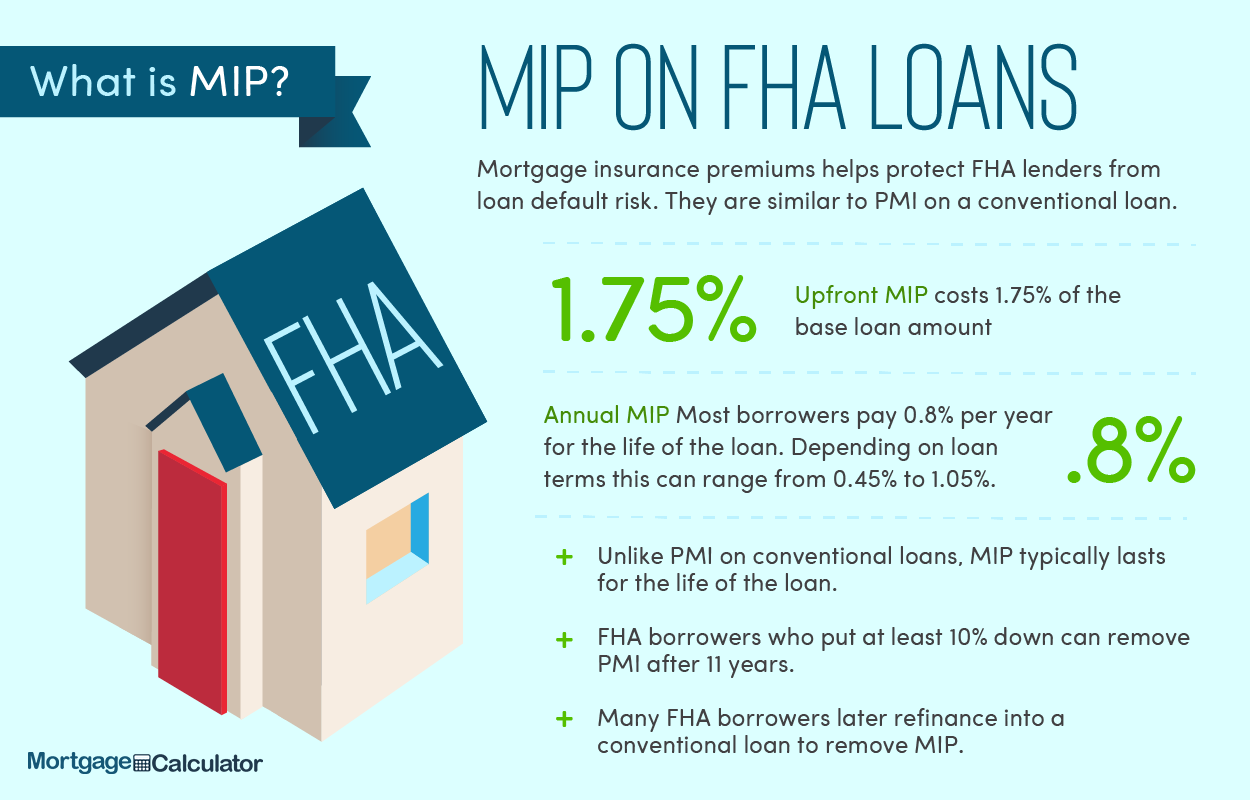Ask how your previous credit report affects the cost of your loan and what you would need to do to get a better rate. Take the time to go shopping around and negotiate the finest deal that you can. Whether you have credit problems or not, it's a great idea to examine your credit report for precision and efficiency prior to you request a loan.
annualcreditreport.com or call (877) 322-8228. A home loan that does not have a set interest rate. The rate modifications throughout the life of the loan based upon movements in an index rate, such as the rate for Treasury securities or the Cost of Funds Index. ARMs generally offer a lower initial rates of interest than fixed-rate loans.

When rates of interest increase, typically your loan payments increase; when rate of interest reduce, your regular monthly payments might reduce. To learn more on ARMs, see the Consumer Handbook on Adjustable Rate Mortgages. The expense of credit expressed as a yearly rate. For closed-end credit, such as auto loan or home loans, the APR consists of the rate of interest, points, broker fees, and specific other credit charges that the debtor is needed to pay.
Little Known Questions About What Was The Impact Of Subprime Mortgages On The Economy.
Home loan besides those insured or ensured by a federal government company such as the FHA (Federal Real Estate Administration), the VA (Veterans Administration), or the Rural Advancement Solutions (formerly referred to as the Farmers Home Administration or FmHA). The holding of cash or documents by a neutral 3rd party prior to closing on a residential or commercial property.
Loans that usually have repayment regards to 15, 20, or thirty years. Both the interest rate and the regular monthly payments (for principal and interest) stay the very same during the life of the loan. The cost paid for borrowing cash, normally specified in portions and as an annual rate. Costs charged by the lending institution for processing a loan; frequently expressed as a percentage of the loan amount.
Frequently the agreement also specifies the variety of points to be paid at closing. An agreement, signed by a borrower when a home mortgage is made, that gives the loan provider the right to seize the residential or commercial property if the customer fails to pay off, or defaults on, the loan.
The Main Principles Of How Do Mortgages Work In Canada
Loan officers and brokers are often permitted to keep some or all of this difference as extra settlement. (likewise called discount points) One point amounts to 1 percent of the primary amount of a home loan. For instance, if a home loan is $200,000, one point equals $2,000. Lenders often charge points in both fixed-rate and variable-rate mortgages to cover loan origination costs or to provide additional compensation to the loan provider or broker.
In some cases, the cash required to pay points can be obtained, but increases the loan quantity and the total costs. Discount rate points (in some cases called discount fees) are points that the customer voluntarily picks to pay in return for a lower rates of interest. Protects the lender against a loss if a customer defaults on the loan.
When you get 20 percent equity in your home, PMI is Great site cancelled. Depending on the size of your home loan and deposit, these premiums can add $100 to $200 monthly or more to your payments. Fees paid at a loan closing. Might include application costs; title evaluation, abstract of title, title insurance, and property survey charges; charges for preparing deeds, home loans, and settlement documents; lawyers' fees; recording costs; estimated costs of taxes and insurance coverage; and notary, appraisal, and credit report costs.
The Best Guide To How Do Banks Make Money sell timeshare On Mortgages
The great faith price quote lists each expected cost either as a quantity or a variety. A term usually describing cost savings banks and cost savings and loan associations. Board of Governors of the Federal Reserve System Department of Real Estate and Urban Advancement Department of Justice Department of the Treasury Federal Deposit Insurance Corporation Federal Real Estate Finance Board Federal Trade Commission National Cooperative Credit Union Administration Workplace of Federal Real Estate Enterprise Oversight Office of the Comptroller of the Currency Office of Thrift Guidance These agencies (other than the Department of the Treasury) implement compliance with laws that prohibit discrimination in lending. why reverse mortgages are a bad idea.

Our goal is to offer you the tools and confidence you require to enhance your finances. Although we get compensation from our partner loan providers, whom we will constantly determine, all viewpoints are our own. Reliable Operations, best timeshare program Inc. NMLS # 1681276, is described here as "Reliable." Individuals seeking to purchase a home hardly ever have enough money to pay for the entire thing in advance.
They allow you to obtain cash for the home purchase, typically with a deposit, and slowly pay back the loan with interest. As much as 86% of recent property buyers funded their purchase with a home mortgage. A home mortgage is a loan you secure to fund your home purchase or refinance.
The Only Guide for How Do Lenders Make Money On Reverse Mortgages
You pay it back over an amount of time normally 15 to thirty years. If you stop working to pay at any point during the loan term, the lending institution can seize your house through foreclosure. It is essential to consider the costs prior to signing for the loan. There are 2 primary types of costs to think about: In advance costs: These are one-time expenses you pay when you purchase the home.
Ongoing costs: These been available in the form of a month-to-month home loan payment, which you'll make throughout the life of your loan. The payment usually consists of a part of your primary balance and interest. You likewise may need to for home mortgage insurance if your deposit is less than 20%. Deposit pointer: While some home loans permit you to put down as little as 0% or 3%, the typical homebuyer puts down 6% to 12%.
The most typical mortgages are traditional and government-sponsored loans. The main distinction between these types is who guarantees the loan. are dealt with through personal loan providers such as banks, credit unions, and online institutions. Since traditional home loans are guaranteed by mortgage firms Fannie Mae and Freddie Mac, they must conform to agency requirements.
The Basic Principles Of How Many Types Of Mortgages Are There
are like traditional loans, however for houses that go beyond these rate limitations. You'll also discover government-insured loans through personal lending institutions, but they're backed by government institutions: are insured by the Federal Housing Administration. To be qualified, your credit rating and deposit will need to meet FHA loan requirements. You'll likewise need to pay mortgage insurance at closing and throughout the life of the loan if your deposit is less than 20%.
Department of Veterans Affairs. There's no deposit or personal mortgage insurance coverage requirement, though customers will pay a financing cost. USDA loans are backed by the U.S. Department of Agriculture. To qualify, you require to satisfy earnings requirements and buy a house in a USDA-defined "rural" location. There's no deposit, but borrowers pay 2 forms of mortgage insurance. what are the lowest interest rates for mortgages.
Each month, you'll send a payment to your loan servicer. That loan payment and Down payment: This is the cash you pay upfront to acquire the house, and it's revealed as a portion of the house worth. A larger deposit shrinks the quantity of cash you need to borrow, which can help lower your regular monthly payments.